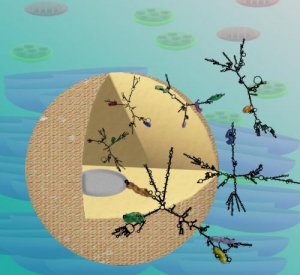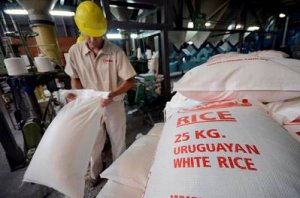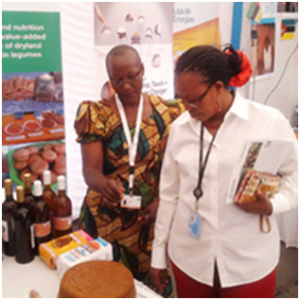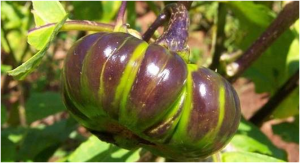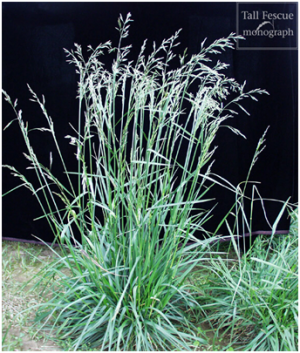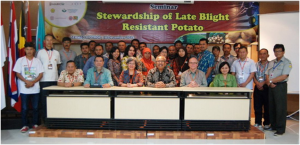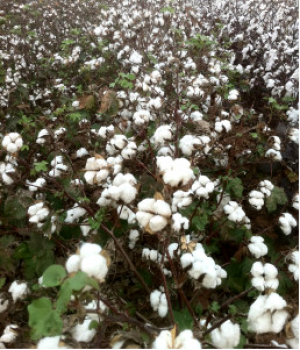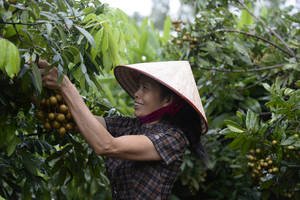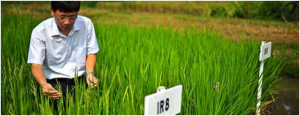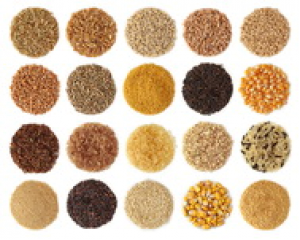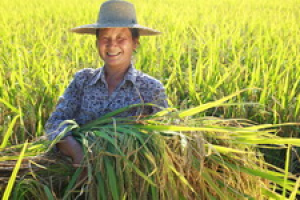|
Dietary Species Richness, an important measure of a healthy diet
Friday, 2018/01/19 | 07:53:52
|
|
CGIAR 10 Jan 2018
Figure: Increasing food biodiversity in our daily diets, by consuming plants and a wider range of fruits and vegetables, can contribute to higher micronutrient intakes and better quality diets. Credit: LI-BIRD/A.Subedi
A validated biodiversity indicator points to the importance of diversity in diets to improve human and planetary health.
A recent paper by Dr Carl Lachat of Gent University, Jessica Raneri of Bioversity International, and others introduces Dietary Species Richness, a new food biodiversity indicator to help examine the correlation between agrobiodiversity and diet quality. Nutrition Research Specialist, Raneri explains, “Food system sustainability, biodiversity and nutrition are current hot topics, yet we didn’t actually have any validated indicators that could measure the nexus between these three. Now we do.”
The research looks at dietary data from 6,226 participants, who are women and young children, in rural areas from seven low- and middle-income countries. The findings show that dietary quality increased with dietary species richness, children generally had less diverse diets than women, and that dietary nutrient adequacy increased significantly with every additional species consumed. This suggests that food biodiversity may increase diet quality in vulnerable populations in biodiverse regions.
The next step is to assess the extent that locally available agro-biodiversity, in contrast to imported species, contributes to the diversity of diets. Dr Lachat, the first author, also mentions that it would be interesting to see how this indicator holds up in other food systems, such as those of higher income countries where there is a higher contribution of processed foods.
The links between sustainability, nutrient intake adequacy and diet diversity can help identify where and how food systems could be improved. According to Dr Lachat, “Reporting the number of species consumed during dietary assessment provides a unique opportunity to cut across two critical dimensions of sustainable development: human and environmental health, and complements existing indicators for healthy and sustainable diets.”
Read the full paper, titled “Dietary Species Richness as a Measure of Food Biodiversity and Nutritional Quality of Diets”.
This research is part of the CGIAR Research Program on Agriculture for Nutrition and Health (A4NH) and is supported by CGIAR Fund Donors. |
|
|
|
[ Other News ]___________________________________________________
|


 Curently online :
Curently online :
 Total visitors :
Total visitors :
(45).png)
